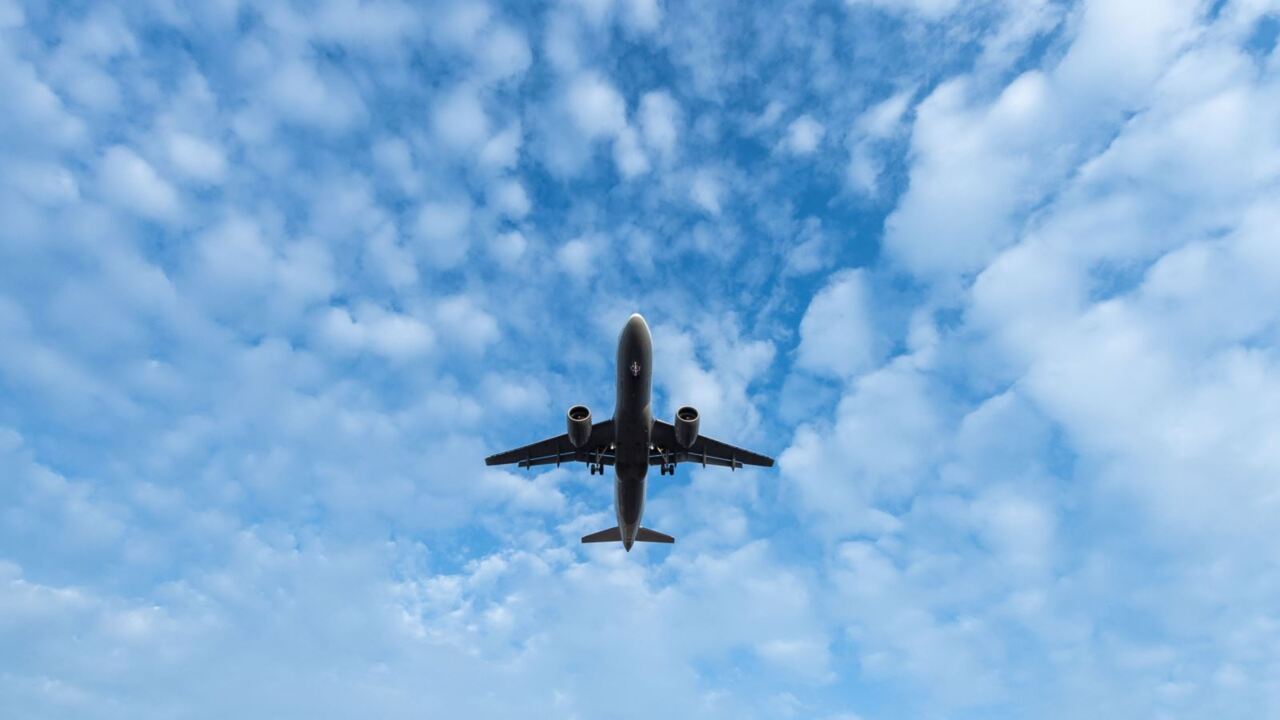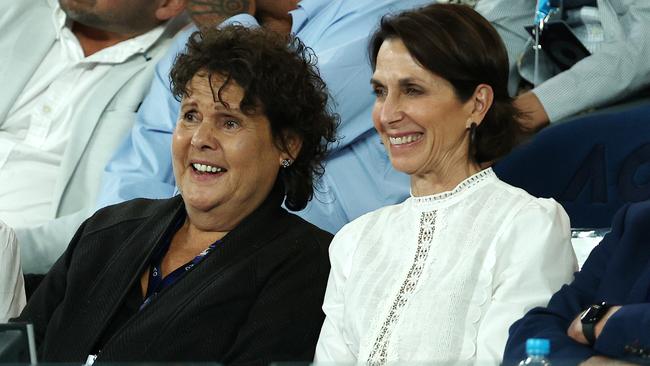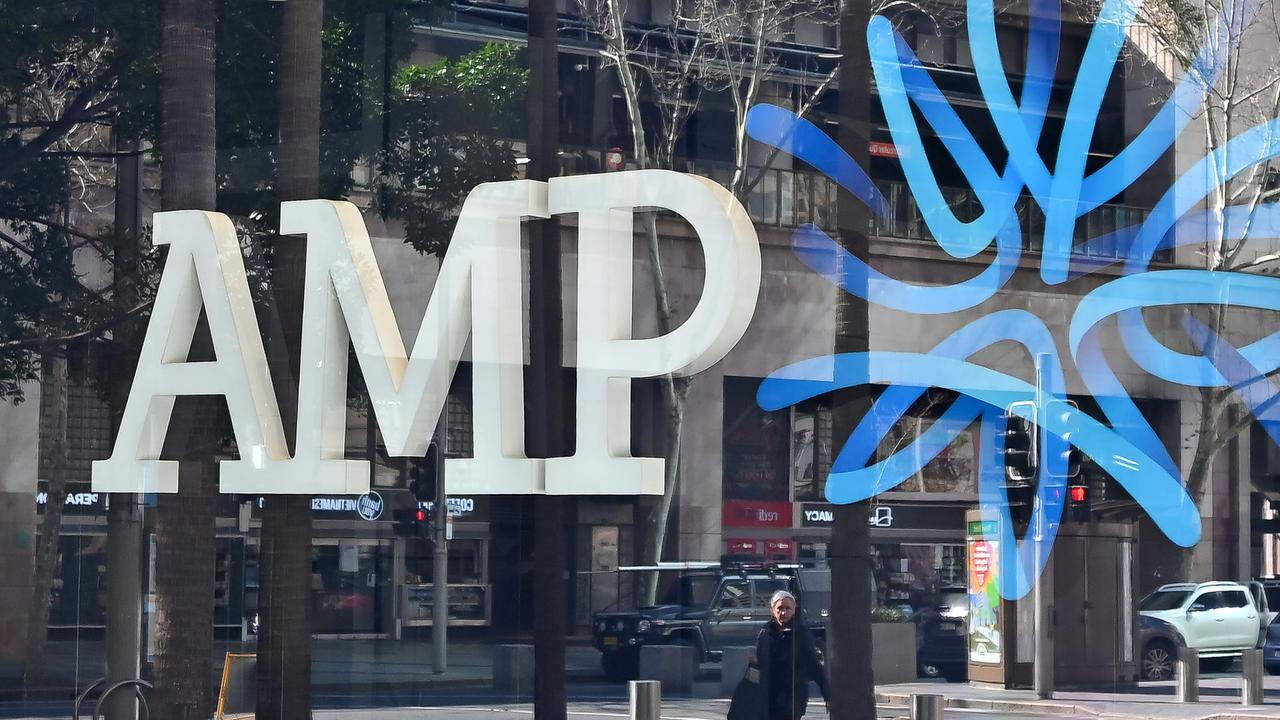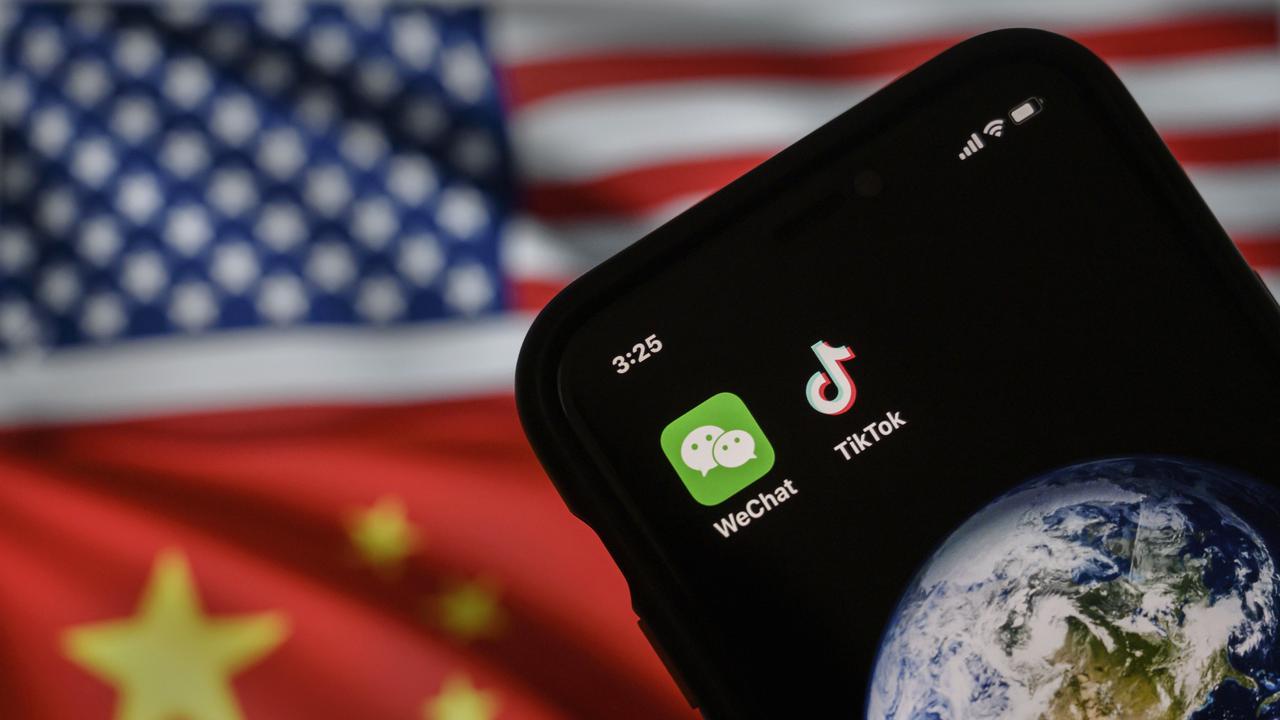Jayne Hrdlicka’s plans for life after Virgin Australia
The chief executive has revealed her plans once she leaves the airline, with the expectation she will exit by year’s end.

Business
Don't miss out on the headlines from Business. Followed categories will be added to My News.
Virgin Australia chief executive Jayne Hrdlicka has indicated she will focus more heavily on tennis after leaving the airline but did not shed any light on when she will depart.
Speaking at the CAPA Airline Leaders Summit in Brisbane on Friday, Ms Hrdlicka said she had no other job lined up but planned to spend some time with her tennis colleagues and her sons.
It was announced in February Ms Hrdlicka would transition out of the role of CEO with Virgin’s owners Bain Capital embarking on a global search for a replacement.
Almost seven months later there was no clear timeline for a handover, but Ms Hrdlicka said she was very proud of what she had achieved in her time at Virgin.
“It’s been the most rewarding for me in my professional career, the most incredible and the most purposeful,” she said.
“It was also some of the most intense and challenging times you could imagine but I happen to love that, I thrive in a challenging environment.”
She added that her CEO-ship coincided with the “most confronting personal experiences you could ever have in a two-pronged way”.
“I lost my husband to cancer, and I recently lost my father, and that’s just really tough when you’re consumed with a purposeful job that you love,” Ms Hrdlicka said.
“The honest answer is I don’t know (what I will do next). I need to spend more time with my boys, they’re 17 and 19, and I haven’t really had the ability to do that when they’ve needed me most.”
Ms Hrdlicka also planned to put more time into her role as Tennis Australia chair and president, saying “we have some big issues globally we need to address”.
“And then we will see — and that’s both exciting and daunting. It’s a journey of possibilities and the most important piece of it is taking a break, doing some things that are good for me and thinking about what I want to do next.”

She declined to discuss a planned IPO of Virgin Australia, saying “it was a matter for our shareholders” who include Bain, Richard Branson’s Virgin and QIC.
And on the subject of shareholders, Ms Hrdlicka said there had been “some creative fiction written” on speculation Qatar Airways was seeking a 19 per cent stake in Virgin Australia.
“Again we don’t play with rumour and innuendo but what I will say is we have the world’s best (airline) partners — United Airlines, Air Canada, Singapore Airlines, Qatar, ANA, Hawaiian — and we’re working every day to deepen those relationships and strengthen the experience we provide to our customers,” she said.
After taking over as CEO when US private equity firm Bain Capital rescued Virgin Australia from administration, Ms Hrdlicka said the airline had been transformed “top to bottom” as a value carrier.
She said prior to the airline’s collapse as the Covid pandemic erupted, Virgin was trying to be the “world’s best premium airline based in Australia” which was clearly unsustainable.
But the journey was far from over, with Ms Hrdlicka citing more room for costs to be taken out of the business and productivity improvements.
“The second half of the financial year was super tough and losing Bonza and Rex was a demonstration of how tough the market actually is,” she said.
“So we’re really proud we’re delivering great results and performing well financially despite the fact it is a tough environment.”
Delays in aircraft deliveries were adding to the challenges facing Virgin Australia with supply chain and quality control issues drastically slowing the rate of arrival of new Boeing 737 Max 8.
In an effort to accelerate the fleet expansion, Ms Hrdlicka said Virgin would convert 12 orders of Boeing Max 10s to Max 8s, taking the total number of 737-8s to 26.
Virgin had previously converted Max 8 orders to Max 10s – but with the aircraft not expected to be available until late next year, Ms Hrdlicka said they needed to make sure they had a steady pipeline of aircraft coming.
“It’s really hard when you get a delay from your manufacturer, Boeing, then you hang onto aircraft longer that you planned, you suffer from by the lack of growth or try to acquire new aircraft on the secondary market, which is really hard,” she said.
“We’ve got a shortage of narrow body and wide body aircraft globally which makes it really difficult.”
More Coverage
Originally published as Jayne Hrdlicka’s plans for life after Virgin Australia





